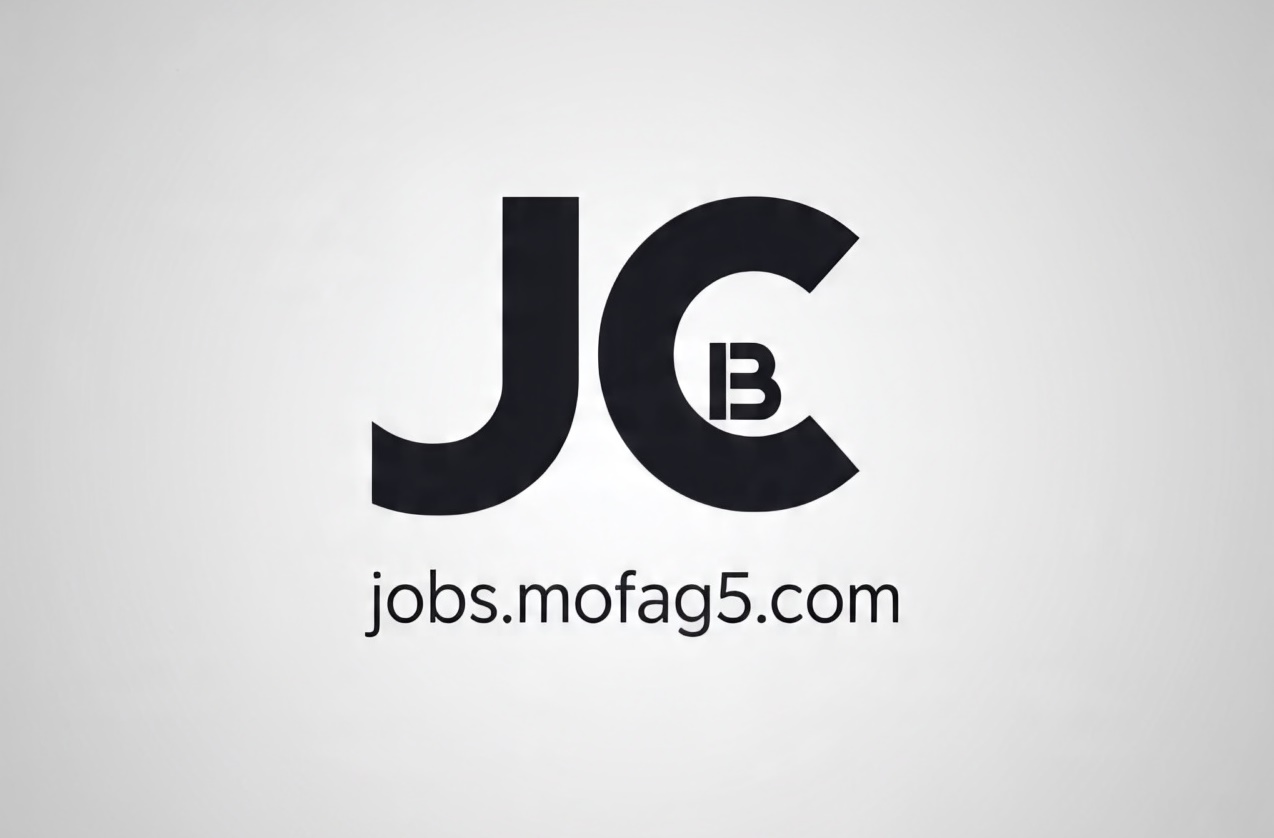The Gulf region, comprising countries like the United Arab Emirates (UAE), Qatar, Saudi Arabia, and Kuwait, offers a plethora of job opportunities for individuals worldwide. While the allure of high salaries and tax-free income attracts many, navigating these opportunities can be challenging, especially for non-Arabic speakers. This guide aims to provide valuable insights and tips for individuals seeking employment in the Gulf region.
1. Introduction: Understanding Gulf Job Opportunities
The Gulf region boasts a dynamic economy driven by sectors like oil and gas, finance, tourism, and technology. With rapid development and growth, there is a constant demand for skilled professionals from diverse backgrounds.
2. The Appeal of Gulf Job Opportunities for Non-Arabic Speakers
Non-Arabic speakers are highly sought after in the Gulf due to their expertise, diversity, and proficiency in English, which is widely used as the business language.
3. Researching Gulf Job Markets: Where to Start
Online Job Portals
Platforms like LinkedIn, Bayt, and GulfTalent are valuable resources for job seekers, offering a wide range of job postings across various industries.
Networking Platforms
Building connections through professional networks and social media can open doors to hidden job opportunities and valuable insights into the job market.
Recruitment Agencies
Engaging with reputable recruitment agencies specializing in Gulf placements can streamline the job search process and provide personalized assistance.
4. Understanding Cultural Differences and Expectations
Etiquette and Cultural Sensitivity
Adhering to cultural norms and showing respect for local customs is crucial when interacting with employers and colleagues in the Gulf.
Work Culture in the Gulf
Understanding the hierarchical structure, emphasis on teamwork, and importance of relationships in the workplace can facilitate smoother integration.
5. Language Requirements and Challenges
Importance of English Proficiency
While English is widely spoken, learning basic Arabic phrases can enhance communication and demonstrate cultural respect.
Basic Arabic Phrases for Everyday Use
Mastering simple greetings, expressions of gratitude, and polite phrases can foster positive relationships in both professional and social settings.
6. Visa and Work Permit Processes
Types of Visas for Expatriates
Navigating the visa process requires understanding the different types of visas available, such as employment visas, residency permits, and family sponsorship visas.
Document Requirements and Processes
Ensuring all necessary documents are in order and following the correct procedures is essential for obtaining a work permit in the Gulf.
7. Tips for Crafting an Effective CV/Resume
Formatting Guidelines
Tailoring your CV to Gulf standards by highlighting relevant experience, skills, and qualifications can increase your chances of securing interviews.
Highlighting Relevant Experience and Skills
Emphasizing achievements and showcasing transferable skills that align with Gulf employers’ expectations can make your CV stand out.
8. Navigating the Job Application Process
Submitting Applications Online
Carefully reviewing job descriptions and customizing your applications to match employer requirements can improve your application success rate.
Following Up on Applications
Proactively following up with employers after submitting applications demonstrates your interest and commitment to the role.
Interview Preparation Tips
Researching the company, practicing common interview questions, and dressing appropriately are essential steps in preparing for Gulf job interviews.
9. Negotiating Salaries and Benefits
Researching Salary Ranges
Gathering salary data and benchmarking against industry standards can empower you to negotiate competitive compensation packages.
Understanding Benefits Packages
Considering factors like housing allowances, health insurance, and transportation benefits can inform your negotiation strategy.
10. Adjusting to Life in the Gulf
Housing Options
Exploring accommodation options ranging from company-provided housing to renting apartments can help you find a suitable living arrangement.
Transportation
Understanding public transportation networks and car rental options can facilitate daily commutes in Gulf cities.
Healthcare Facilities
Researching healthcare providers and understanding insurance coverage options is essential for accessing quality healthcare services.
11. Overcoming Challenges and Building a Support Network
Joining Expat Communities
Connecting with fellow expatriates through social clubs, events, and online forums can provide valuable support and camaraderie.
Seeking Mentorship Opportunities
Engaging with seasoned professionals and mentors can offer guidance and insights into navigating challenges in the Gulf.
12. Advancement Opportunities and Career Growth
Continuous Learning and Development
Investing in professional development through workshops, courses, and certifications can enhance your skills and career prospects.
Professional Networking Events
Attending industry conferences, seminars, and networking events can expand your professional network and open doors to new opportunities.
13. Maintaining Work-Life Balance in the Gulf
Managing Work Hours
Balancing work commitments with leisure activities and personal time is essential for overall well-being and job satisfaction.
Exploring Leisure Activities
Discovering recreational activities, cultural events, and outdoor attractions can enrich your experience living in the Gulf.
Conclusion
Navigating Gulf job opportunities as a non-Arabic speaker requires preparation, cultural awareness, and strategic planning. By leveraging available resources, understanding cultural nuances, and showcasing your skills, you can unlock rewarding career prospects in the Gulf region.


Comments